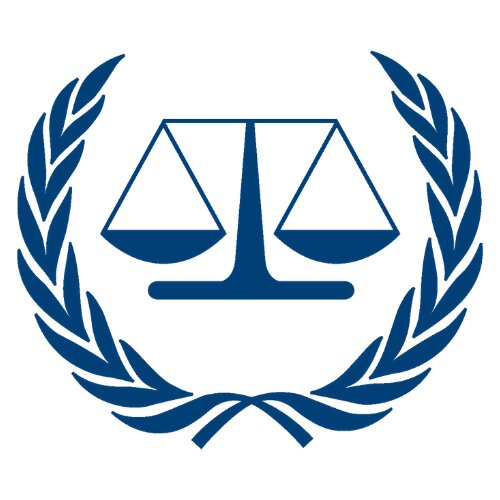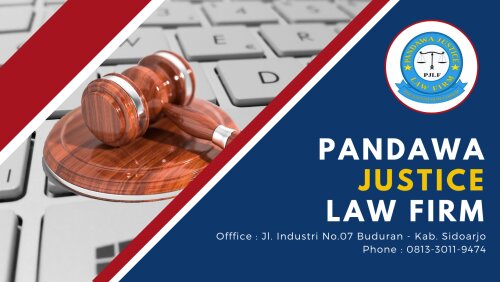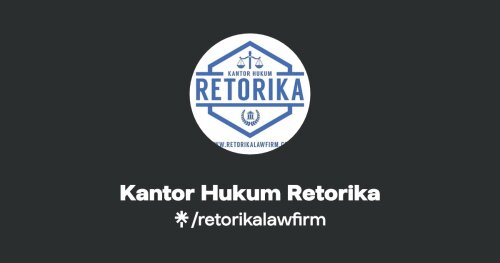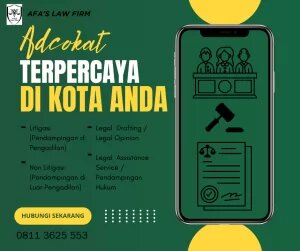Best State, Local, and Municipal Law Lawyers in Jakarta
Share your needs with us, get contacted by law firms.
Free. Takes 2 min.
List of the best lawyers in Jakarta, Indonesia
About State, Local, and Municipal Law in Jakarta, Indonesia
State, local, and municipal law in Jakarta, Indonesia, involves the legal frameworks governing the administration of the city and its surrounding regions. These laws encompass a wide range of topics, including zoning regulations, city planning, public utilities, and local governance. Due to Jakarta's status as both a city and the country's capital, its legal structure includes unique features that blend national legislation with local ordinances. This combination results in a complex legal landscape that addresses everything from urban development and environmental regulations to public transportation and business permits.
Why You May Need a Lawyer
There are several situations where individuals or businesses may require legal assistance in state, local, and municipal law in Jakarta. Common scenarios include:
1. Zoning and Land Use Issues: Understanding the zoning laws is crucial for property development and real estate transactions.
2. Business Licenses and Permits: Companies often need help navigating the local regulations to obtain the necessary permissions for operational activities.
3. Contracts and Procurement: Legal advice is important when entering into contracts with government entities or when bidding on public projects.
4. Environmental Compliance: Ensuring compliance with local environmental laws is critical for businesses affecting the city’s ecosystem.
5. Public Safety and Regulations: Individuals and entities might face issues related to public safety laws, such as building codes and health standards.
Local Laws Overview
Jakarta's local laws are influenced by both national legislation and city-specific ordinances. Key aspects include:
1. Zoning and Property Laws: These laws govern land use, land ownership, and property development, aimed at sustainable city growth.
2. Environmental Regulations: Jakarta has strict regulations aimed at reducing pollution and protecting the natural environment amidst rapid urbanization.
3. Business Regulations: Companies must comply with both national and local regulations for operation, including tax obligations and labor laws.
4. Public Transportation and Infrastructure: Local laws outline the framework for maintaining and expanding public transportation networks and infrastructure development.
Frequently Asked Questions
1. What is the role of the Jakarta city government in municipal law?
The Jakarta city government is responsible for enforcing local laws, issuing permits, and managing city planning and development. It operates under the framework of national laws but tailors regulations to address local needs.
2. How do I obtain a business permit in Jakarta?
To obtain a business permit, you must comply with the specific requirements outlined by the Jakarta city government, which often includes submitting business plans, obtaining location clearances, and meeting safety standards.
3. What are the common zoning laws in Jakarta?
Zoning laws in Jakarta are designed to separate residential, commercial, and industrial areas while allowing mixed-use development in certain districts. The purpose is to manage urban growth effectively.
4. Are there special environmental regulations in Jakarta?
Yes, Jakarta has specific laws addressing air and water quality, waste management, and conservation efforts intended to mitigate the environmental challenges posed by rapid urbanization.
5. What should I do if my business is not compliant with local laws?
It is important to seek legal advice to understand the specific areas of non-compliance, rectify them promptly, and avoid potential fines or penalties.
6. Can foreign nationals own property in Jakarta?
Foreign nationals can own property in Indonesia under certain conditions, primarily through long-term leases and with restrictions on agricultural land.
7. What are the penalties for non-compliance with municipal regulations?
Penalties vary depending on the severity and nature of the non-compliance, ranging from fines and business closure to, in severe cases, legal action.
8. How can I stay updated with changes in municipal laws?
Businesses and individuals should regularly consult official government publications and possibly hire legal experts to ensure compliance with the latest regulations.
9. What is the process for resolving disputes with the city government?
Disputes are typically handled through negotiation or mediation, but legal proceedings in administrative courts may be necessary for more complex cases.
10. Who enforces municipal laws in Jakarta?
The enforcement of municipal laws is carried out by the relevant city departments, with oversight from the provincial government and, where applicable, national agencies.
Additional Resources
For those seeking guidance or more information about Jakarta’s municipal laws, the following resources may be helpful:
1. Jakarta Provincial Government: Provides updates on local regulations and ordinances.
2. Ministry of Home Affairs: Oversees local governance across Indonesia, offering insights into regulatory structures.
3. Local Chambers of Commerce: Offer resources and assistance for businesses looking to navigate local regulations.
Next Steps
If you require legal assistance in state, local, or municipal law in Jakarta:
1. Consult a Legal Professional: Seek the expertise of a lawyer specializing in municipal law to understand your legal standing and obligations.
2. Gather Relevant Documents: Compile all necessary documentation, permits, and correspondence related to your legal inquiry.
3. Research and Prepare: Familiarize yourself with the specific laws pertinent to your case or business operations.
4. Contact Local Authorities: For direct information or resolution, contacting relevant city departments can provide insights or starting points for legal procedures.
Lawzana helps you find the best lawyers and law firms in Jakarta through a curated and pre-screened list of qualified legal professionals. Our platform offers rankings and detailed profiles of attorneys and law firms, allowing you to compare based on practice areas, including State, Local, and Municipal Law, experience, and client feedback.
Each profile includes a description of the firm's areas of practice, client reviews, team members and partners, year of establishment, spoken languages, office locations, contact information, social media presence, and any published articles or resources. Most firms on our platform speak English and are experienced in both local and international legal matters.
Get a quote from top-rated law firms in Jakarta, Indonesia — quickly, securely, and without unnecessary hassle.
Disclaimer:
The information provided on this page is for general informational purposes only and does not constitute legal advice. While we strive to ensure the accuracy and relevance of the content, legal information may change over time, and interpretations of the law can vary. You should always consult with a qualified legal professional for advice specific to your situation.
We disclaim all liability for actions taken or not taken based on the content of this page. If you believe any information is incorrect or outdated, please contact us, and we will review and update it where appropriate.

















